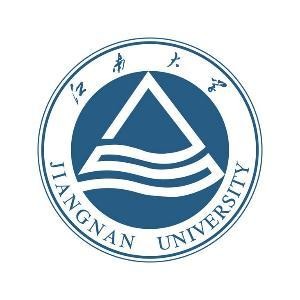Loss of immobilized water and intense protein aggregation responsible for quality deterioration of ready to eat firm tofu
https://doi.org/10.1111/jtxs.12614
Abstract: The influence of high-temperature treatment (100-120 °C, 15 min) on the texture, color and water holding capacity of tofu gels was investigated. As the temperature increasing, the hardness and chewiness as well as the values of redness a and yellowness bincreased gradually, while the water content and the lightness L value reduced progressively, and these variations were more pronounced at 115 or 120 °C. LF-NMR showed that the loss of T22 water led to the decrease of the water content. Scanning electron microscope revealed that the micro-pore in gels decreased after heating, and almost entirely disappeared at 120 °C. Further analysis by SDS-PAGE indicated the soy protein aggregation formed via disulfide linkage were observed in the thermal treated tofu gels, and non-disulfide linkage might also be occurred as temperature reached 110 °C or higher. The quality deterioration may be attributed to immobilized water loss combined with the protein aggregation.
